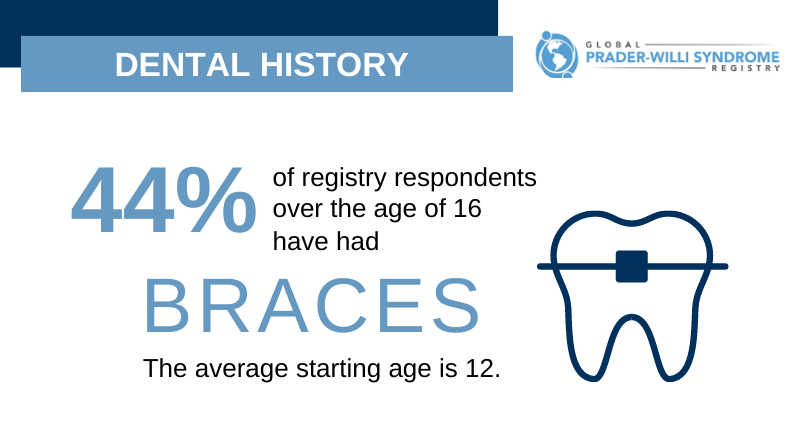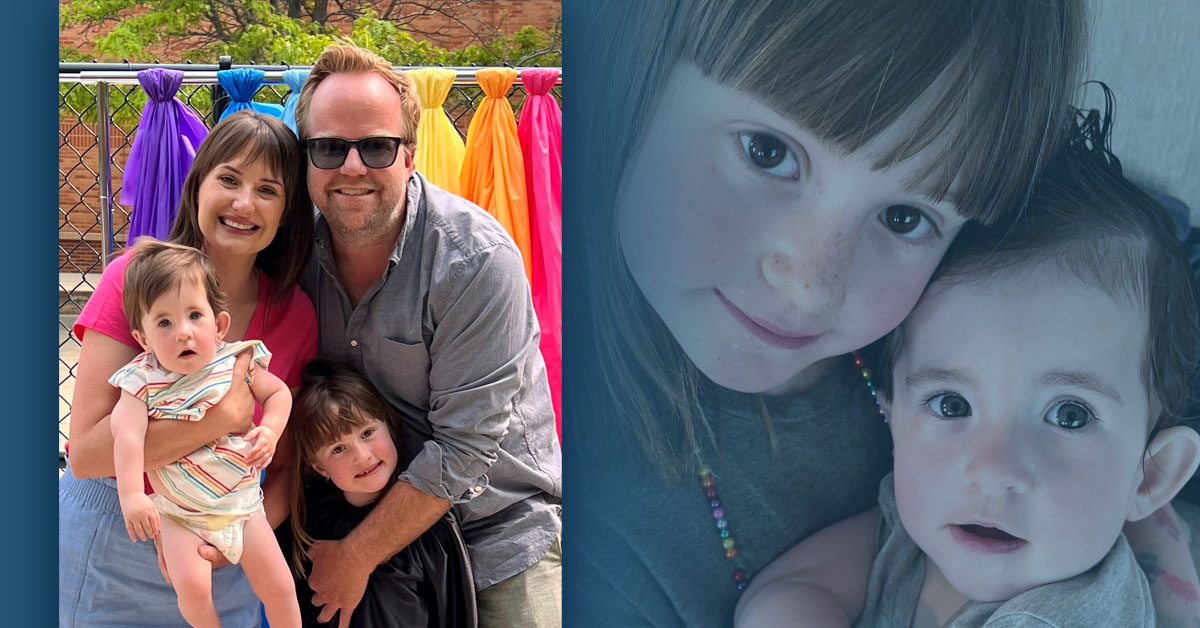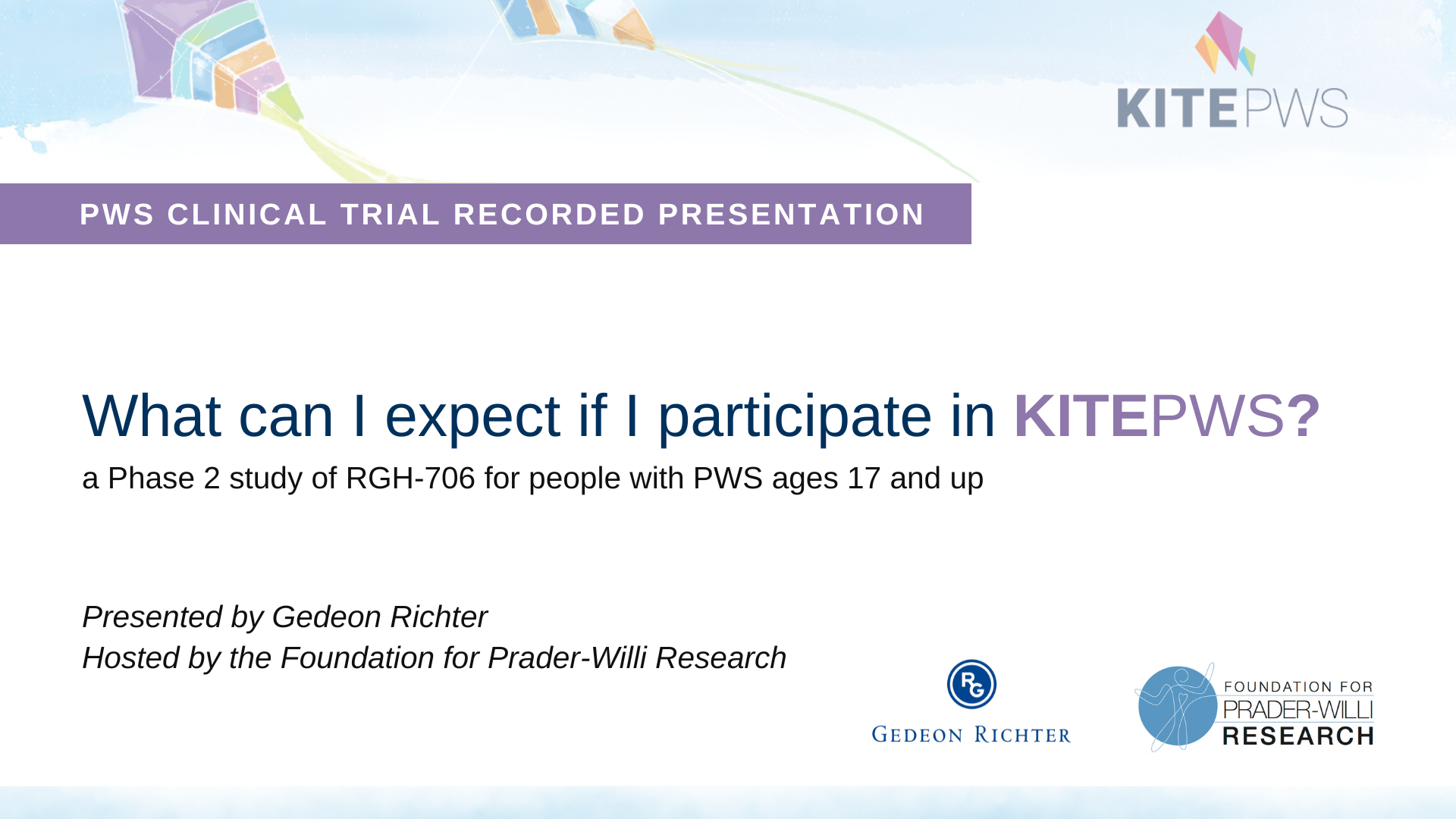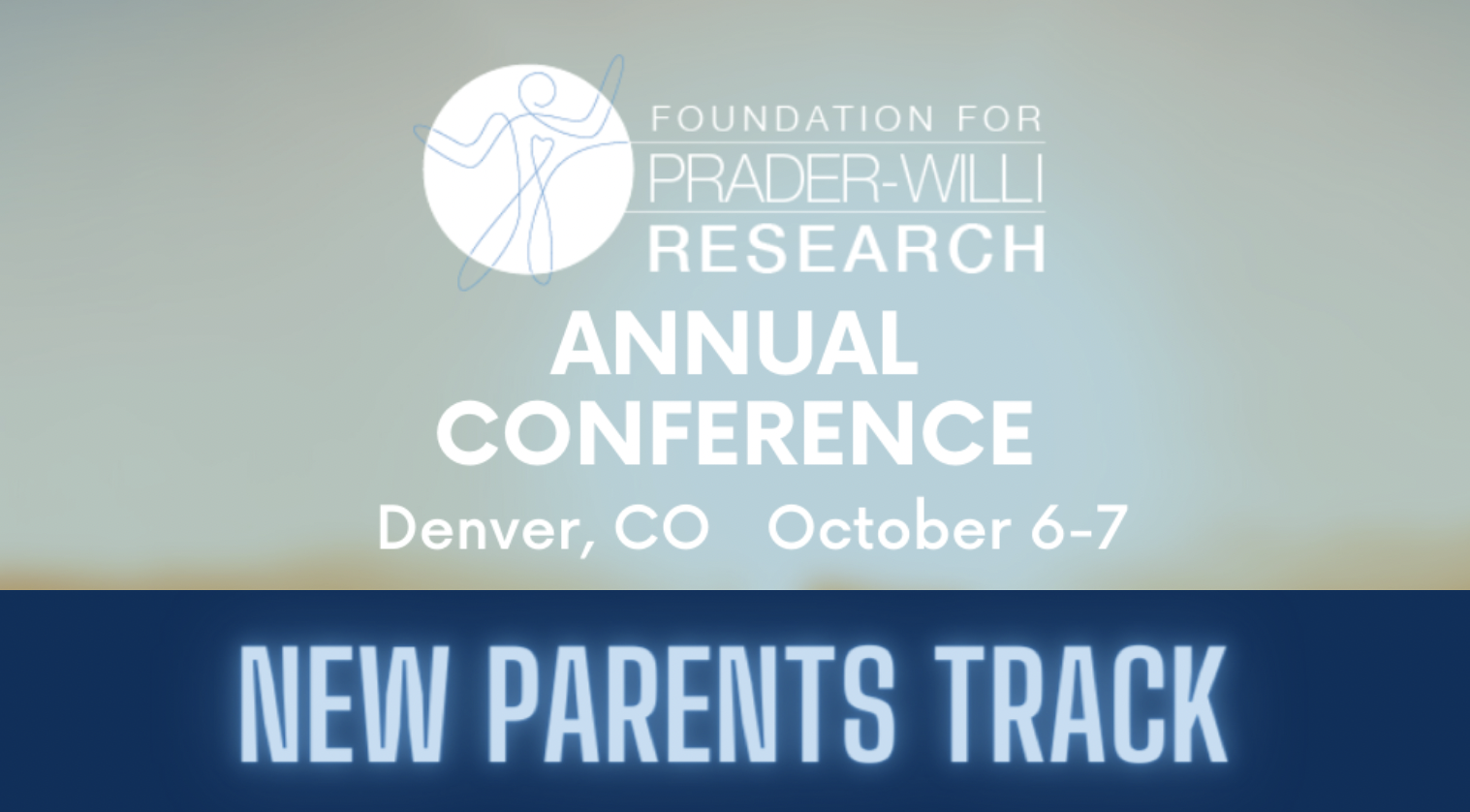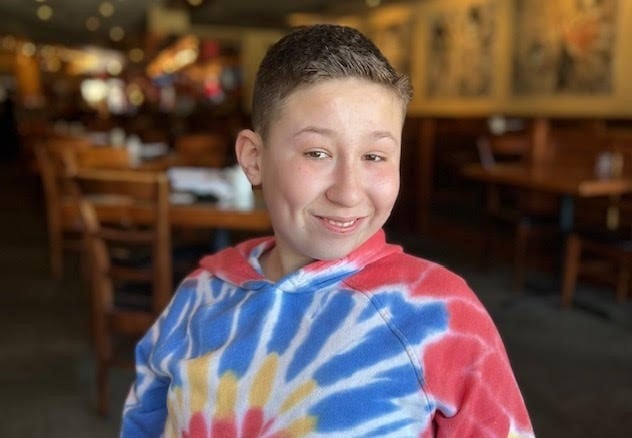Topics: Parents, Adults, Children 0-3, Children 3-6
You won’t want to miss these speakers at the 2023 FPWR Family Conference this October in Denver, CO. This year's conference has something for every parent traveling this PWS journey. Attend interactive workshops designed to provide practical tools an...
In this 1-hour and 7-minute video, FPWR Executive Director Susan Hedstrom presents an overview of current and upcoming PWS clinical trials, and trial representatives provide brief presentations on specific trials.
Dental issues in PWS can result from symptoms directly related to PWS, such as low saliva production, combined with challenges that individuals with special needs may have with maintaining good oral hygiene. Here, we focus on data from the Global PWS...
Topics: Research
A special contribution by guest blogger Andrew Comer The 2022 FPWR Family Conference in Chicago was an important turning point for our family. Our daughter Lucy had been born only six months prior, and diagnosed with PWS a month after that. My wife S...
Topics: Parents
KITE-PWS is an ongoing Phase II trial of RGH-706 for people with PWS ages 17 and up. The study is sponsored by Gedeon Richter, a Hungarian-based company with 120 years of drug development experience. They have produced more than 200 drugs in over 40 ...
Drug development for new therapies begins with research and discovery. To treat PWS (Prader-Willi syndrome) and SYS (Schaaf-Yang syndrome), we need to understand the differences between individuals with these conditions and typical individuals, right...
Topics: Research, Schaaf-Yang Syndrome
Acadia Pharmaceuticals has announced the addition of a new Phase 3 development candidate to its rare disease portfolio, ACP-101 (intranasal carbetocin), for the treatment of hyperphagia in Prader-Willi syndrome (PWS).
You won’t want to miss these speakers at the 2023 FPWR Family Conference this October in Denver, CO.
Topics: Parents, Adults, Children 0-3, Advocacy
A special contribution by guest blogger Heather Osterman. Max came into the world with a bang...or more accurately, a limp body, not breathing, and blue. I went from being induced, since Max was quite cozy where he was, to a long labor, to an emergen...
Topics: Stories of Hope






